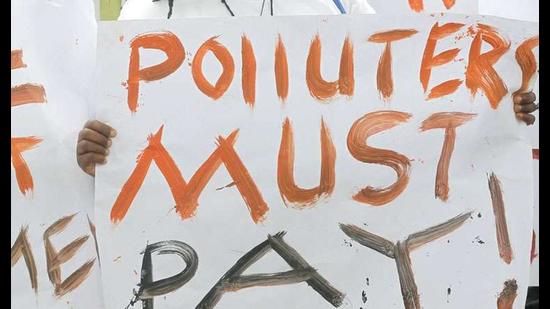Climate education: Maharashtra shows the way
Maharashtra has done well to recognise children as equal stakeholders and critical agents of change in addressing the climate and ecological crisis
The Maharashtra government on Tuesday announced a new syllabus for students of classes 1-8 that focuses on the climate crisis. The Majhi Vasundhara Abhiyan, which has been developed by the department of environment and climate change and Unicef, aims to create awareness about the climate crisis and inculcate a sense of responsibility in students towards the planet. This curriculum will include activity-based lessons on biodiversity conservation, solid waste management, water resources management, energy, air, pollution and the climate crisis.

The decision to introduce climate education is an excellent move, and the need of the hour. This is because India has no curriculum on the climate crisis, although it’s one of the top 10 countries affected by it. At present, students have environment education, but it’s primarily focussed on textbook reading. They are taught about the concepts and definitions of pollution, global warming, and the climate crisis, but there is no emphasis on measures to address these in their lives. Many students have also realised this problem and have demanded a separate curriculum on the climate crisis. Last month, a group of young environmental activists started an online petition, requesting the Delhi and central governments to include climate education in Delhi schools to sensitise youngsters about the impact of the global climate crisis.
Environmental degradation, the climate crisis, species extinction, resource depletion and lack of wellness are today local and global problems, and children must learn to understand and address these issues. Reports from the United Nations’ Intergovernmental Panel on Climate Change have also argued for the introduction of climate education. Along with a new climate curriculum, the government must also equip teachers with the right tools and training in environmental pedagogy. Maharashtra has done well to recognise children as equal stakeholders and critical agents of change in addressing the climate and ecological crisis. Other states must follow suit and devise their own climate education plans to develop a sensitive and proactive mindset among students about this critical issue.
Continue reading with HT Premium Subscription




